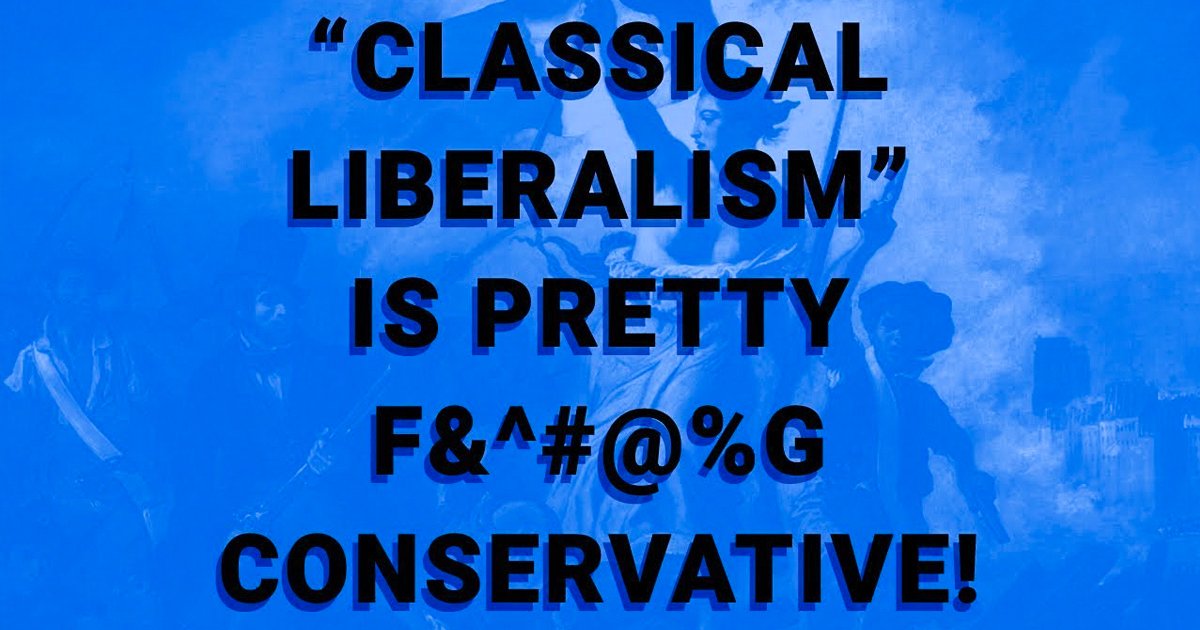Last week, President Barack Obama and Chinese president Xi Jinping reached an agreement to jointly curb carbon emissions by considerable amounts in the upcoming years. The US announced that it would be reducing carbon emissions by anywhere from 26 to 28 percent below 2005 levels by the year 2025. China agreed to cap carbon emissions by 2030 and increase its share of non-fossil fuel energy to 20 percent over the same timespan.
The Ground Truth Project recently interviewed Nathaniel Keohane, vice president for international climate at the Environmental Defense Fund (EDF), about what this agreement means for global progress on reducing carbon emissions.
“I think it’s a huge deal,” said Keohane. “Having the two largest economies in the world – the two largest emitters in the world, who in other issues are sometimes economic rivals – coming together and cooperating on climate change, and encouraging each other to take steps to reduce their emissions in the long run. I think it’s really powerful.”
Keohane said that the fact that both leaders of the two countries are talking about it show that they are making it a priority can help reshape the entire dynamic of climate change. He also said that the agreement is incredibly important on an economic level as it gives a signal to clean energy investors.
“The world’s two largest economies – and of course the EU, the third – are headed towards a clean energy future,” said Keohane. “They put themselves in that path. And that’s why this matters so much.”
And while this deal is, as Keohane puts it, a “game changer,” so much more still needs to happen.
“More is needed on both sides because of the urgency of the climate challenge. So even as we applaud the progress that’s been made, we are going to need to find ways to make even deeper reductions.”
Like most Americans, Keohane recognizes that most of the pushback on carbon regulations and climate change denial is coming from Congress, as a Washington Post poll found that 70 percent of Americans are in favor of carbon emission standards on power plants.
“… if Congress won’t act, and if all we get from Congress is gridlock, then it does fall on the president to show leadership on this issue … We as a country need to return to where we were just a few years ago, which is a bipartisan, national conversation about how to beat the challenge of climate change … It was only six years ago that John McCain had the Republican nomination for president, running a campaign on a climate change bill.”
“Politics change,” said Keohane, but “they can change back.”
And given what the US has to go through in Congress to pass any sort of climate-related legislation, they need to change soon.
Read the the Ground Truth Project’s full interview with Keohane at Salon.


